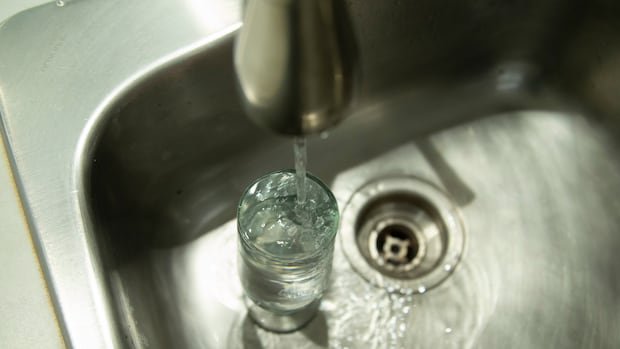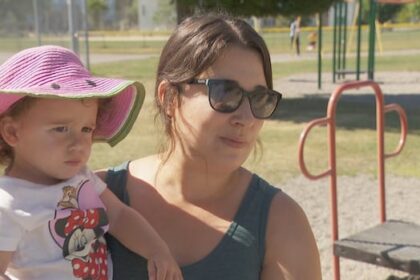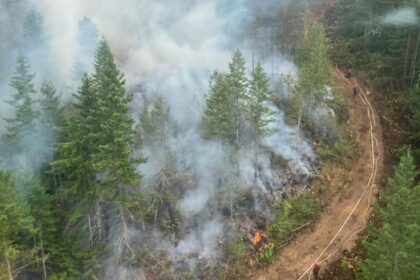British ColumbiaComplaints of mouldy-smelling tap water made the rounds on social media in October. Regional district staff say there’s no health concern.The water is still safe to drink, say Metro Vancouver staffLauren Vanderdeen · CBC News · Posted: Nov 08, 2025 9:08 PM EST | Last Updated: 1 hour agoListen to this articleEstimated 3 minutesThe audio version of this article is generated by text-to-speech, a technology based on artificial intelligence.Residents in Metro Vancouver discovered an algae-like taste and smell in their drinking water in October. (Ivanoh Demers/CBC)There’s been something fishy-smelling in the water for the last couple weeks in Metro Vancouver.Complaints of local tap water smelling and tasting mildewy, mouldy or muddy made the rounds on social media last month.“It reminds me of algae,” said user bshell99 on Reddit. “More of a ‘green’ taste.”“Smells like my childhood fish tank,” replied ProfessorEtc.And Metro Vancouver Regional District, which is responsible for the region’s drinking water supply, has received similar complaints.Jeff Charrois, program manager for quality control, said staff have received around 60 calls about the issue over the past few weeks. “It was quite a surprise. I think we haven’t experienced anything on this scale before at Metro Vancouver, when it comes to widespread taste and odour complaints,” Charrois told CBC’s On the Coast.With even more reports submitted to local cities and health authorities, Charrois said staff realized it wasn’t an ordinary situation.Staff found the source of the problem at the Seymour-Capilano Filtration Plant, which generally serves Vancouver, Richmond, Delta and parts of cities that border them on the east.Testing found an odorous compound called geosmin. Charrois said it’s a challenge for many drinking water utilities across Canada.There are no health concerns related to geosmin, which is produced by cyanobacteria (also known as blue-green algae) naturally, Charrois said.“The water remains safe to drink. We do a lot of testing throughout the whole process to ensure that that’s the case.”Charrois said geosmin often appears at the end of a hot summer or early fall, but it’s “quite unusual” for the region.Staff aren’t sure how long the malodorous issue will linger, according to Charrois, as it will depend on “the whim of Mother Nature a little bit.”In the meantime, Metro Vancouver has started to use more water from the Capilano supply, which did not test positive for geosmin.To get rid of the bad taste, Charrois recommended residents keep a jug of water in the fridge as the colder temperature can keep odour compounds at bay.Or: a little natural flavour.“A lot of my friends, they like to use a little squeeze of lemon or some cucumber to just take a little bit of the smell out of that, and that seems to do the trick.”ABOUT THE AUTHORLauren Vanderdeen is a web writer for CBC British Columbia. She formerly worked for community newspapers, including the Burnaby Now and New West Record. You can reach her at lauren.vanderdeen@cbc.ca.With files from CBC’s On the Coast
Does your Metro Vancouver water taste like mould? Dont worry, throw a cucumber in it











